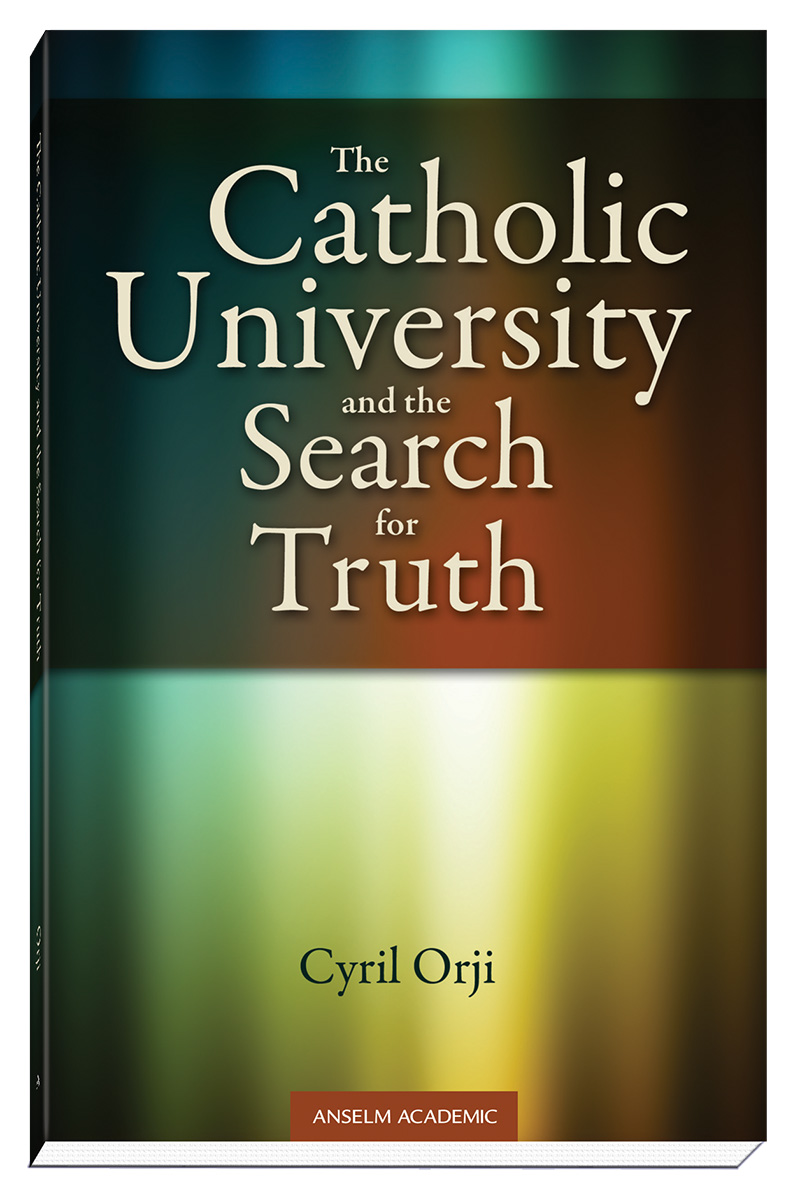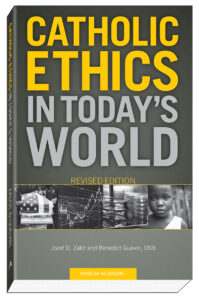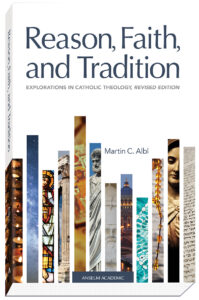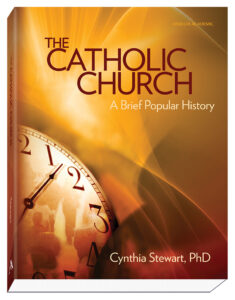The Catholic University and the Search for Truth
About This Book
Overview
A proposal to invigorate and sustain the Catholic intellectual tradition on campuses today
Higher education is changing. Religious colleges and universities have not been immune to the general secularization taking place in society. How will Catholic colleges and universities and the Catholic intellectual tradition be affected?
The Catholic University and the Search for Truth walks students and instructors alike through the complexities of the changing landscape of education and the Catholic population, clarifies the three parts of the “Catholic intellectual tradition” (CIT), and exposits Bernard Lonergan’s perspective on learning styles and intellectual authenticity as a way to promote an invigorated understanding and application of CIT.
Orji highlights the characteristics of Catholic education, describes how and why Catholic education is uniquely important, and explains why everyone—Catholics and in fact all citizens regardless of religious belief—should care about the Catholic identity of Catholic colleges and universities. His approach to the questions “What is Catholic intellectual tradition?” and “Why Catholic intellectual tradition?” provides hope and a path forward toward an invigorated and renewed sense of CIT. Any student or professor can benefit from this text.
Details
| Weight | 0.7 lbs |
|---|---|
| Dimensions | 5.375 × 1.5 × 8.25 in |
| Format | Softcover |
| Print ISBN | 978-1-59982-277-8 |
| Pages | 266 |
| Item # | 7046 |
|---|
Customer Reviews
“The vocation of the Catholic university in the United States is the intellectual formation of that perhaps not numerous center. It fulfills that vocation through exercise of its heritage, that is, the Catholic intellectual tradition. Cyril Orji’s book is a gentle clarion call to Catholic educational institutions to wake up before it is too late. The book’s programmatic seventh chapter outlines the distinct modules of a legitimate appropriation of the Catholic intellectual tradition.”
Milwaukee, WI
“The Catholic intellectual tradition is in a crisis, not of faith but of culture. The assumptions that underpinned it have shifted dramatically and irreversibly. In seeking to address that crisis, Cyril Orji has proposed a solution that draws from the insights of Bernard Lonergan and Howard Gardner’s work on multiple intelligences. His concrete proposal for eight modules in the Catholic intellectual tradition should stimulate discussion among all Catholic university educators seeking to maintain the Catholic identity of their institution.”
“The author asks practical questions, and answers them with considerable intelligence and careful scholarship. The subject matter is important yet is seldom grasped with the depth one finds in this volume.”
Author of "Where Is Knowing Going?" (Georgetown University Press, 2009)
Table of Contents
Part One: Catholic Intellectual Tradition (CIT) and the Catholic University
Chapter 1: Is There a Catholic Intellectual Tradition?
The Issue and Context
CIT: Catholic and Ecumenical
“Catholic,” “Intellectual,” and “Tradition”
Does It Matter?
Conclusion
Chapter 2: Theology and the Catholic University
The Question Revisited: Is There a Catholic Intellectual Tradition?
The Unfolding of the Tradition
Conclusion
Chapter 3: Changes in the Catholic Population
Decline in Religiosity
A Special Case: Latino Americans
The Increasingly Secular West
Causes for the Decline in Affiliation with the Church
Conclusion
Chapter 4: Contemporary Challenges to Catholic Universities
Culture of Disbelief
Toward an Identity Crisis? Challenges Facing Catholic Universities
International Developments
Analysis by the Church’s Hierarchy
Should Catholic Universities Be Catholic?
Conclusion
Part Two: Bernard Lonergan’s Thought as a Possible Way Forward
Chapter 5: The Search for Intellectual Authenticity
Integrating Old and New
The Virtually Unconditioned
How Authenticity Furthers CIT
Transposition as Guide to Academic Vocation in a Catholic University
Reversing Counter Positions
Bulverism: A Threat to CIT
Conclusion
Chapter 6: Understanding and Learning Styles
Integrating Diverse Learning Styles
CIT and the Intelligence Debate
A Nation at Risk
The Scope of Human Potential in Gardner’s Work
The Intelligences Considered
The Scope of Human Potential in Lonergan: Cognitional Method
MI and CM in Concert
Conclusion
Chapter 7: Modules and Implementation of Lonergan’s Plans for CIT
Does Lonergan Offer a Solution?
Module 1: CIT Is Built on Authenticity
Module 2: CIT Attends to Diversity and Inculturation
Module 3: CIT Respects Unity of Reason and Faith
Module 4: CIT Is Historically Minded
Module 5: CIT Appreciates the Upper Blade of History
Module 6: CIT Fosters Unity of Knowledge and Method
Module 7: CIT Uses the Generalized Empirical Method
Module 8: CIT Calls for Conversion
Conclusion
Chapter 8: Final Reflection: Group Dynamics and Identity Formation in CIT
A Shared Identity of Catholic Institutions
Catholic Universities as Groups with a Common Meaning
Institutional Identities and Characteristics of a Catholic University
Building Personal Identities
Conclusion
Index




